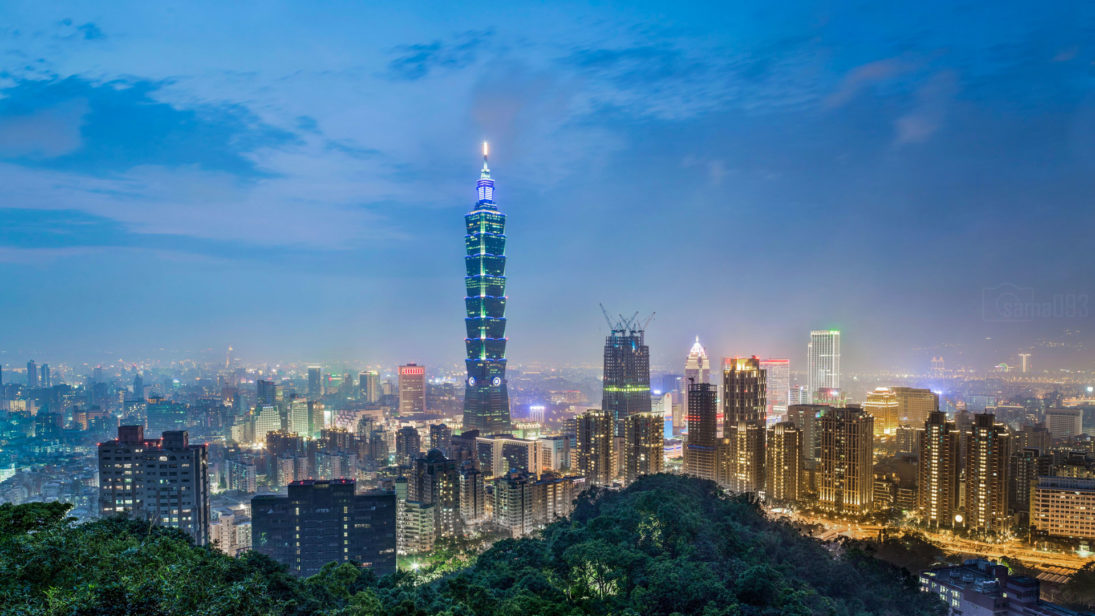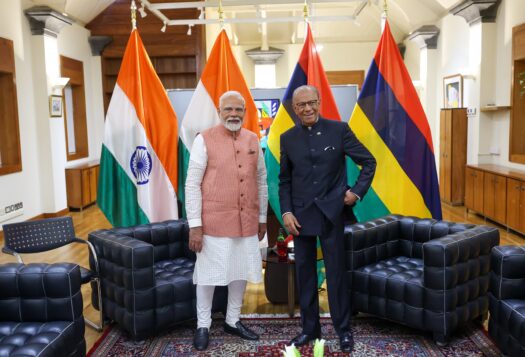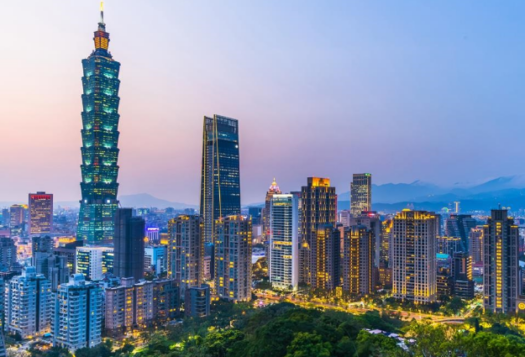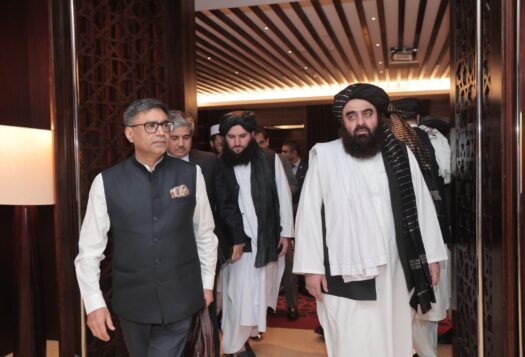
On May 18 and 19, the World Health Assembly (WHA), the decision making authority of the World Health Organization (WHO), held its first-ever virtual assembly to discuss the COVID-19 pandemic. The WHA virtual meeting garnered more attention however over the issue of admission of Taiwan than on its focus on tackling the ongoing global pandemic.
Taiwan found support primarily from the United States along other Indo-Pacific countries like Japan and New Zealand. India, which took over as chair of the WHO’s executive decision making body on May 22, found itself in a tough diplomatic spot on this issue. India’s representatives remained reluctant to take a public position and as such the WHA meeting was held and concluded without Taiwan’s participation.
With 443 confirmed cases and 7 deaths as of June 10, Taiwan has been one of the most successful countries in the world in tackling the COVID-19 pandemic. Taipei’s success becomes more pertinent given its proximity to China and its effectiveness has being lauded across the world. It is in this context that a case was made for Taiwan’s inclusion in the working of WHO. The U.S. Secretary of State Mike Pompeo had urged WHO Director General Tedros Ghebreyesus to invite Taiwan to the WHA.
Taipei, which enjoys positive relations with New Delhi, recently donated one million surgical masks to the latter, which was viewed as an attempt by Taiwan to gain India’s support at the WHA.
This proposition was opposed by China. The Chinese Foreign Ministry accused Taiwan of attempting to participate in the WHA “not for the health and well-being of Taiwan’s people” but for “political manipulation.” Under its “One China” policy, Beijing considers Taiwan to be a part of its territory, a primary reason for Taipei’s lack of diplomatic recognition across the world, including at the United Nations and its subsidiaries.
While the United States reached out to “like-minded” countries to support Taiwan’s participation at WHA, Taiwan too lobbied for the same on its own. Taipei, which enjoys positive relations with New Delhi, recently donated one million surgical masks to the latter, which was viewed as an attempt by Taiwan to gain India’s support at the WHA. New Delhi, with its reluctance, trod carefully on the issue.

While India needs to develop its bilateral relations with Taiwan, it cannot do so at the cost of antagonizing China. In the past, New Delhi has faced Beijing’s brunt when it has attempted to recognize Taipei publicly. For example, in 2017, Beijing objected to a delegation of Taiwanese women parliamentarians visiting India. Then in 2018, India’s state-owned airlines Air India buckled under Chinese pressure to remove “Taiwan” from its website. In both these incidents, New Delhi was publicly recognizing Taipei, and was met with censures from Beijing. Today, at a time when the Sino-Indian relationship is heating up due to the ongoing border stand-off, recognizing Taiwan will only serve to escalate tensions further to India’s detriment. Important as Taiwan is, it is too small a cause to risk lighting up India’s borders with Chinese ire.
Further, India’s support for Taiwan’s inclusion at WHA would further have been seen as an alignment with the United States. Two weeks before the virtual meeting, Prime Minister Narendra Modi participated at the virtual summit of the Non-Aligned Movement (NAM) Contact Group. This was Modi’s maiden participation in a NAM meeting since the beginning of his tenure in 2014, thus hinting at India’s renewed embrace of the NAM. This can be seen in the context of the emergence of a so-called “new Cold War” between the United States and China in the post-COVID-19 global order in which India would be keen to lead a middle power balancing act through the leadership of South-South formations like the NAM. In this regard, if New Delhi is seen to be aligned with Washington, it could harm the gains made with NAM and the middle power geopolitics that it entails.
India has a gleaming opportunity to strengthen relations with Taiwan under its Act East Policy (AEP) and the latter’s New Southbound Policy (NSP). Taiwan’s export-oriented economy and interest in diversifying traditional targets of investment under the NSP make it a natural collaborator for India.
Washington, on its part, stood to gain by supporting Taipei. Earlier this year, President Donald Trump signed the TAIPEI Act to support Taiwan in strengthening its relationships with countries around the world. Thus, it is understood that Washington’s recent moves are steps in that direction. Further, in Taiwan, the United States has found an important ally against China as their ongoing rivalry has further intensified with the outbreak of COVID-19. New Delhi on the other hand, would have gained minor goodwill of Taiwan and major backlash from China. Rather, it has more to gain by striving to strengthen its bilateral cooperation with Taipei while keeping an over-reactive Beijing at bay.
India has a gleaming opportunity to strengthen relations with Taiwan under its Act East Policy (AEP) and the latter’s New Southbound Policy (NSP). Taiwan’s export-oriented economy and interest in diversifying traditional targets of investment under the NSP make it a natural collaborator for India. Further, India can work towards developing a technical knowledge sharing and multi-sector coordination over COVID-19 with Taiwan through an exclusive dialogue mechanism to gain from the latter’s experience of tackling the virus.
For years, New Delhi has been extremely cautious in its dealings with Taipei. While it is time for India to consider the importance of loosening its constraints, it needs to adopt a pragmatic approach in light of the evolving geopolitical situation. By not issuing public support to Taiwan’s participation at WHA, India stands to not rub China the wrong way. In return, it can expect Beijing to be lenient towards a potential strengthening of Indo-Taiwanese ties in the near future.
Editor’s Note: A version of this piece originally appeared on 9DashLine and has been republished with permission from the editors.
***
Image 1: sama093 via Flickr


